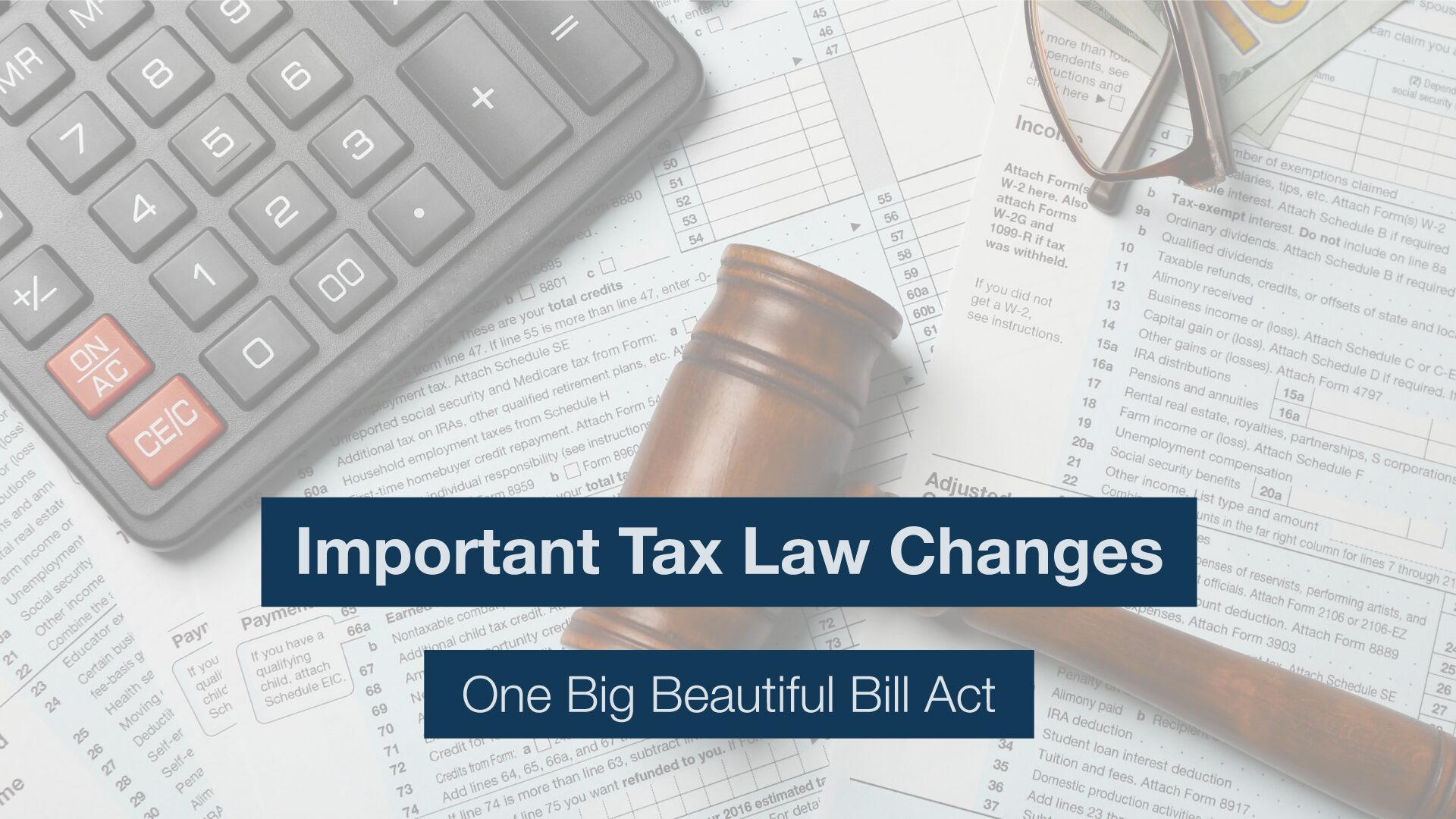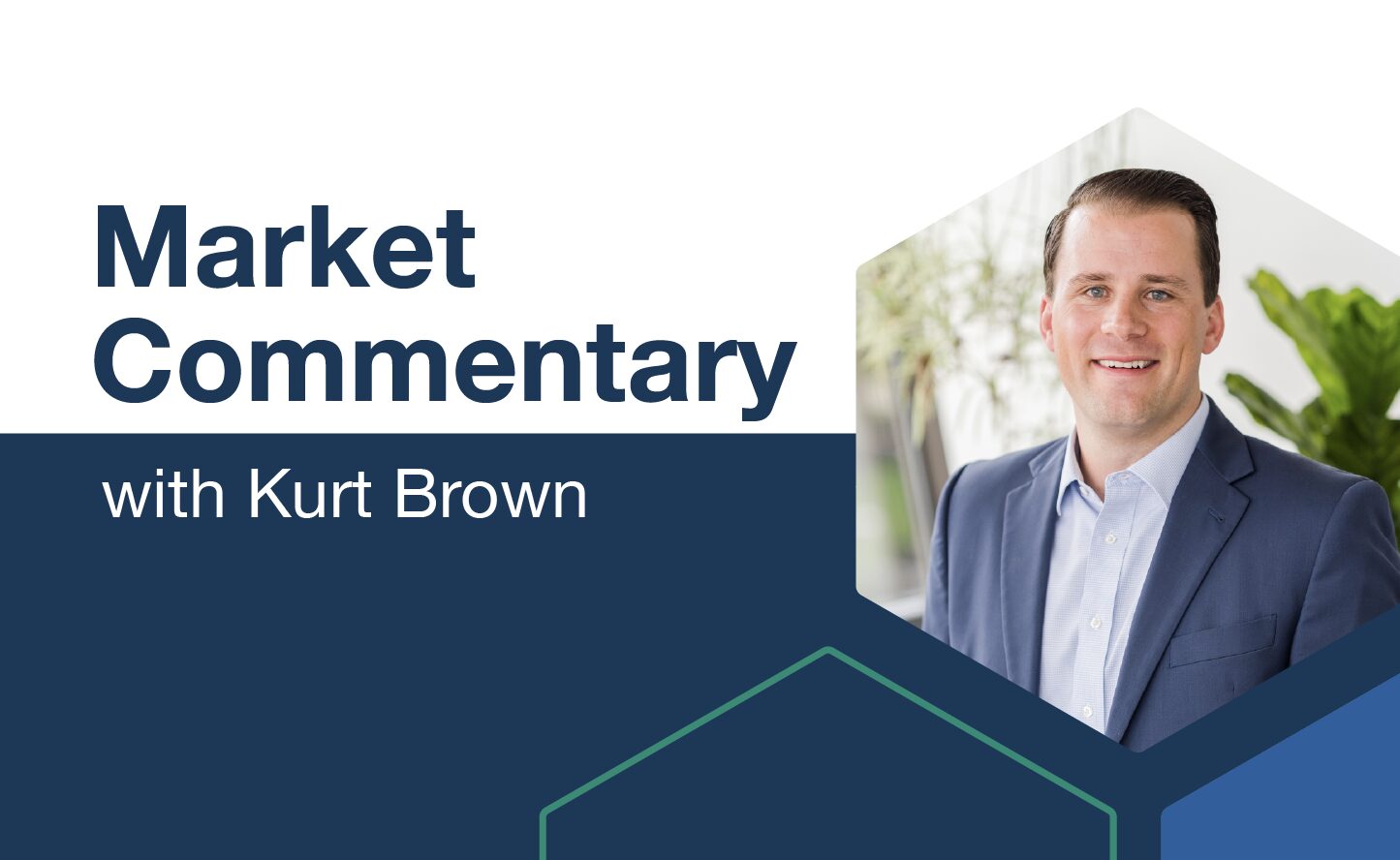
Caring for an Elderly Parent
Caring for your elderly parent will almost certainly come with both challenges and rewards. While complex enough in its own right, it becomes even more so when balancing the care with your own long-term goals and plans in mind. When undertaking this profound responsibility, some strategies can help provide your parent with the care they need while also safeguarding your finances.
Assess the Situation
When caring for an elderly parent, it’s important to evaluate your parent’s needs and resources, including their health needs and what is necessary for their day-to-day lifestyle. What level of assistance do they require? Is medical care and/or memory care necessary? Answering these questions will determine what type of care is needed, if in-home assistance may be sufficient or if an assisted living or full-time nursing facility is appropriate.
Of course, an important aspect when determining the level of professional care necessary is the cost of that care. You need to understand the full financial picture, including your parent’s assets, income sources, insurance policies, and any long-term care benefits. This financial assessment will help determine the care options available and help you to plan for future expenses.
Develop a Care Plan
Once you understand your parent’s needs and financial resources, you are better prepared to develop a comprehensive care plan. This may involve working with their existing advisors, although some choose to engage a geriatric care manager to help coordinate the necessary level of care. These professionals can be a resource in helping navigate the complexities of elder care and alleviate some of the stress on you.
From a financial perspective, a financial planner, your family’s accountant, or an estate attorney can help guide you and your family through the necessary considerations. While your parent may have handled some of these items through their estate planning, it is important to review what has been done and what might still need to be addressed. If a decline in memory or other signs of dementia are present, it is of particular importance to address them sooner rather than later.
Ensure all essential legal documents are in order, including a Will, health care power of attorney and living will. In some cases, a revocable or irrevocable trust can make sense. The most important document will likely be the Power of Attorney naming one or more trusted friends or family members who can transact business and pay bills once an issue arises. You will want to implement a Power of Attorney when you are no longer confident in their financial decision-making.
Utilize Financial Strategies
As a high-net-worth individual, you have a unique opportunity to support your parent’s care while managing your own wealth. There are a variety of options for financially supporting your parent’s care in tax-advantaged ways.
- Direct payments to medical providers – One of the most straightforward and tax-advantaged methods is to make direct payments to medical providers for your parent’s care. These payments are exempt from gift taxes, allowing you to provide substantial financial support without impacting your lifetime gift tax exemption.
- Purchasing long-term care insurance – This can protect your parent’s assets and provide quality care options while offering potential tax benefits. Some policies even allow adult children to be the policyholders.
- Setting up a trust – Different trust structures can be used to manage your parent’s assets and provide for their care.
Plan for Your Own Future
While caring for your parent, it’s crucial to maintain focus on your personal financial goals. Ensure that supporting your parent doesn’t derail your retirement plans. It may be necessary to adjust your savings and investment strategies to accommodate caregiving expenses while staying on track for your future. It is also important to review your estate plan to account for potential changes in your wealth due to caregiving costs. You will need to determine how best to balance providing for your parent with preserving assets for your goals and heirs.
IMPORTANT DISCLOSURE INFORMATION: Please remember that past performance is no guarantee of future results. Different types of investments involve varying degrees of risk, and there can be no assurance that the future performance of any specific investment, investment strategy, or product (including the investments and/or investment strategies recommended or undertaken by PDS Planning, Inc. [“PDS”]), or any non-investment related content, made reference to directly or indirectly in this blog will be profitable, equal any corresponding indicated historical performance level(s), be suitable for your portfolio or individual situation, or prove successful. Due to various factors, including changing market conditions and/or applicable laws, the content may no longer be reflective of current opinions or positions. Moreover, you should not assume that any discussion or information contained in this blog serves as the receipt of, or as a substitute for, personalized investment advice from PDS. To the extent that a reader has any questions regarding the applicability of any specific issue discussed above to his/her individual situation, he/she is encouraged to consult with the professional advisor of his/her choosing. PDS is neither a law firm nor a certified public accounting firm and no portion of the blog content should be construed as legal or accounting advice. A copy of the PDS’ current written disclosure Brochure discussing our advisory services and fees is available for review upon request or at www.pdsplanning.com. Please Note: PDS does not make any representations or warranties as to the accuracy, timeliness, suitability, completeness, or relevance of any information prepared by any unaffiliated third party, whether linked to PDS’ web site or blog or incorporated herein, and takes no responsibility for any such content. All such information is provided solely for convenience purposes only and all users thereof should be guided accordingly. Please Remember: If you are a PDS client, please contact PDS, in writing, if there are any changes in your personal/financial situation or investment objectives for the purpose of reviewing/evaluating/revising our previous recommendations and/or services, or if you would like to impose, add, or to modify any reasonable restrictions to our investment advisory services. Unless, and until, you notify us, in writing, to the contrary, we shall continue to provide services as we do currently. Please Also Remember to advise us if you have not been receiving account statements (at least quarterly) from the account custodian.



